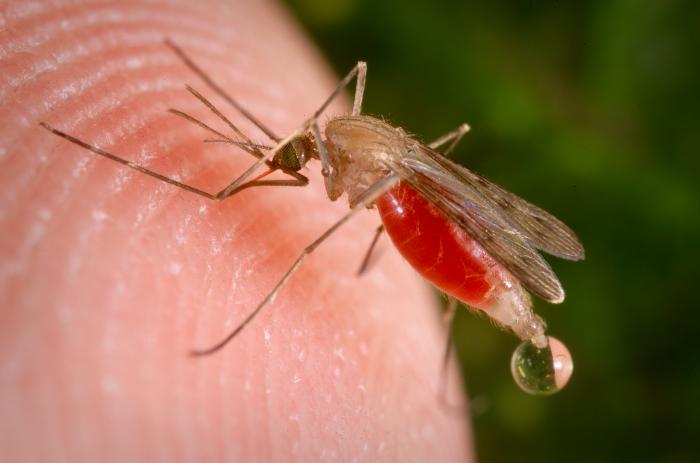For the first time, researchers have shown that the number of parasites each mosquito carries influences the chance of successful malaria infection.

The finding has implications for vaccine development and studies into how the disease spreads in the field.
The findings, from scientists at Imperial College London, may also explain why the only registered malaria vaccine, RTS,S, has had only partial efficacy in recent trials. Malaria is spread when mosquitoes bite humans and release microscopic parasites, which live in the salivary glands of the mosquitoes, into the person’s bloodstream.
The parasites then travel to the liver, where they mature and multiply for 8-30 days before spreading throughout the bloodstream and causing the symptoms of malaria.
Not every infectious mosquito bite will result in malaria. To determine the intensity of malaria transmission, researchers and international organisations like the World Health Organisation currently rely on a measure called the entomological inoculation rate (EIR): the average number of potentially infectious mosquito bites per person per year.
Read more at Imperial College London


One thought on “Mosquito parasite burden linked to malaria infection success: Study”